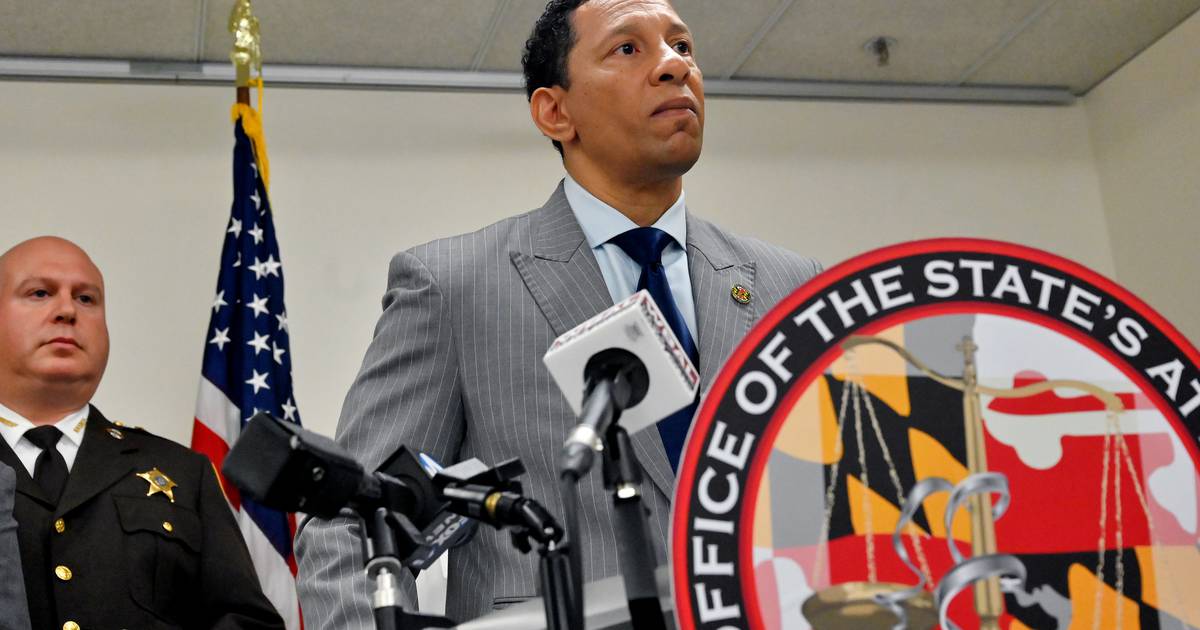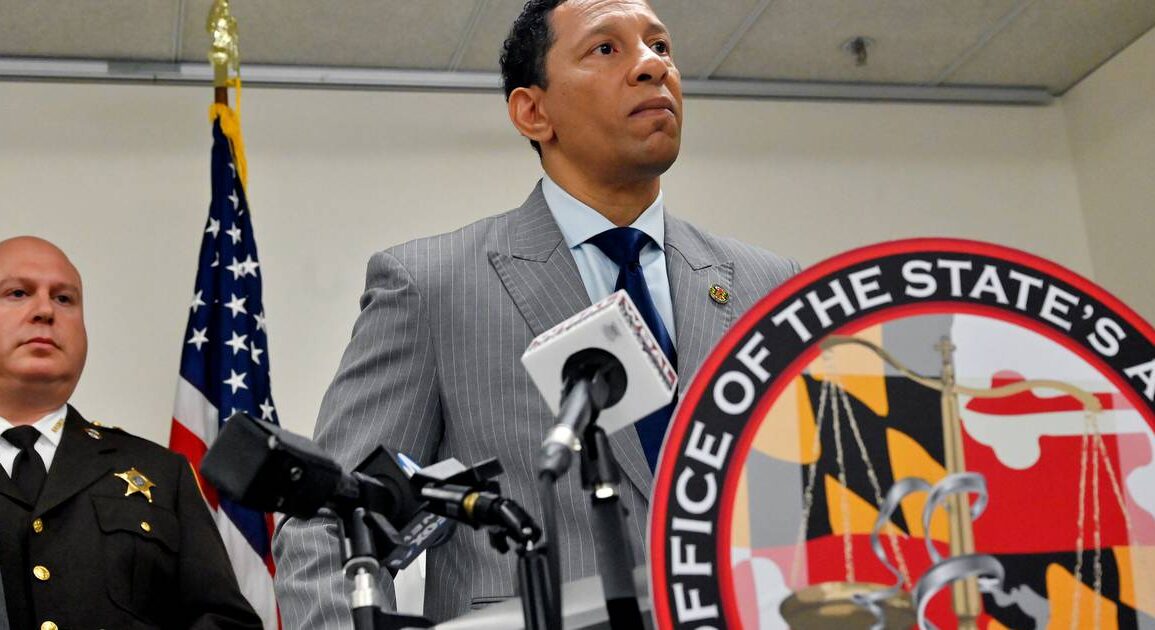
It’s summer, the Orioles are in first place, and there’s plenty to celebrate in Baltimore. But be careful not to leave your porch with a beer in hand, or hop on the Metro a little tipsy after the game. The enforcers of city State’s Attorney Ivan Bates’ new citation docket will be there, waiting to catch you. Don’t worry, though — just one pat down, one missed workday for your court appearance, another for your community service, and possibly hundreds in child care, and your charge will be dismissed under the new policy. You may even get some “wraparound services” out of the deal.
If you laughed at the thought of BPD arresting thousands of O’s fans and festivalgoers for things like open containers and public intoxication, you’d have a point. History strongly suggests that this new policy will be trained like a laser on our poorest, most vulnerable communities — most of them Black. Those costs, like missing work or school, and the fear and stress of entering a courtroom, will fall heaviest on struggling residents still recovering from a devastating pandemic and rising prices. Now, this policy will drain their energy and pockets once again, throttling everyone’s recovery.
Worse yet, it’s a solution in search of a problem. Mr. Bates claims his predecessor’s policy of not prosecuting low-level offenses created “lawlessness” and lack of accountability for “quality of life” crimes, leading to later escalation. However, a Johns Hopkins study confirms that only six of 741 people whose charges were dropped for certain low-level offenses under that policy were rearrested for more serious ones. That’s less than 1%, and it’s a result that’s aligned with national evidence. BPD also reported in April that violent crime is down since 2018. This is not to say that violent crime in Baltimore is anywhere near acceptable or that Baltimoreans don’t deserve a higher quality of life. Far from it. However, Mr. Bates’ solution is simply not backed by the evidence.
In fact, there isempirical proof that low-level prosecutions may increase crime and recidivism by disrupting people’s lives, jobs, education and families. Growing evidence shows that the policing of poverty, mental illness and addiction undermines public safety and erodes systemic legitimacy — at a time when we can afford neither.
This policy also will increase potentially dangerous police interactions in a city still reeling from the historic harm and corruption of the Gun Trace Task Force tragedy, an operation that resulted in numerous criminal convictions of police officers and the largest misconduct payout in Baltimore history ($22 million and counting). And the department is still mistreating its citizens at unacceptable rates. The city could choose to deploy those resources to raise our abysmal clearance rates for homicides and nonfatal shootings, or creatively go after gun manufacturers. Instead, Baltimore will spend its record-breaking law enforcement budget harassing poor people for sleeping under bridges in a city that can’t house them.
This brings us to the most misguided piece of an eminently misguided policy: its alleged benevolence. Mr. Bates claims that this is actually for the person being dragged into court’s own good, and could lead to support services. But the nature, quality, eligibility and cost of these services remain unclear. Moreover, if he honestly believes such services can both lift up the individual and keep us all safer, why wait for the costly and often dehumanizing intervention of the criminal justice system, an entry point that often makes them less effective? Do we not deserve these benefits unless and until a cop catches us with an open beer can, selling water in the hot summer, panhandling or otherwise trying to survive? And why are police and prosecutors, with little to no training in complex public health challenges, the ones triggering these interventions in the first place?
Choosing to provide services in this coercive context of shame and escalating consequences is far from the most effective way to do it, compared to a genuine investment in community care. For too long in this country we have used the criminal justice system as a dismal proxy for public policy. If Mr. Bates really wants to improve quality of life and address the underlying causes of crime, he can join us in calling for a long overdue investments in public and affordable housing, victim and trauma support, community-based drug and mental health treatment, community development and youth empowerment — especially in our long-divested and redlined communities that bear the brunt of violence in Baltimore City.
In the meantime, this citation policy won’t make us any safer. But it will make us poorer.
Somil Trivedi (strivedi@mdlab.org) is chief legal and advocacy director with Maryland Legal Aid. Heather Warnken (hwarnken@ubalt.edu) is executive director of the Center for Criminal Justice Reform at the University of Baltimore School of Law.
This post was originally published on this site be sure to check out more of their content.







